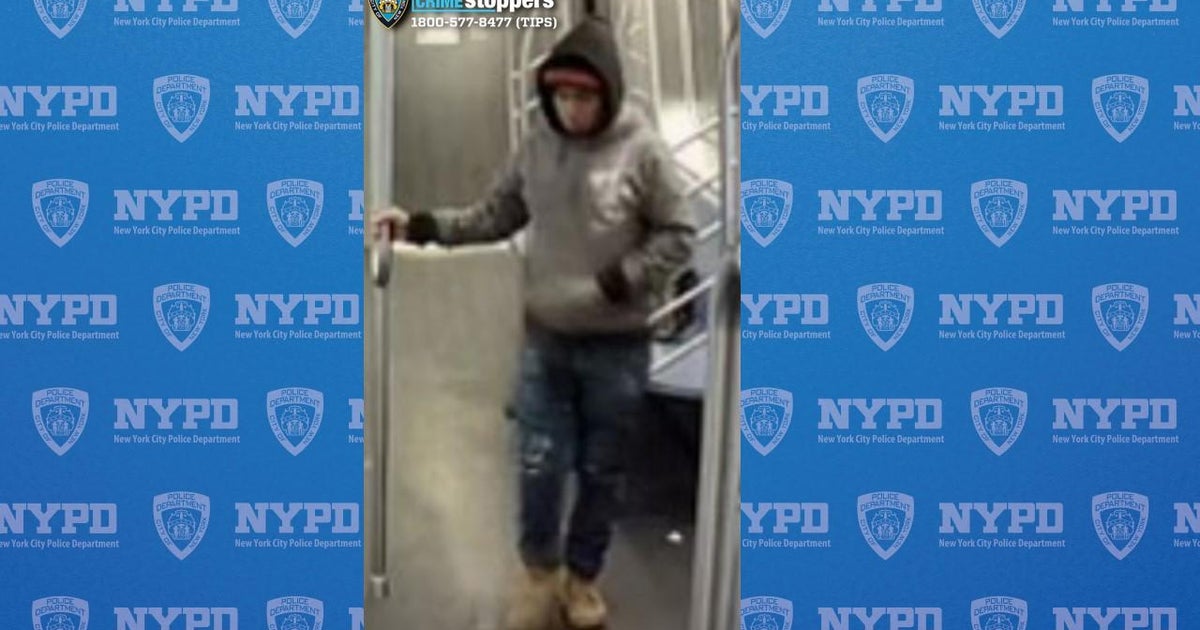MTA says it is "fully committed to congestion pricing" after Hochul signals it may be delayed
NEW YORK -- The MTA is reacting to word of a possible delay to the implementation of congestion pricing.
The issue emerged as leading Democratic candidates for governor took the debate stage together Tuesday night for the first time on CBS2.
Gov. Kathy Hochul, Congressman Tom Suozzi and Public Advocate Jumaane Williams went head to head on everything from gun violence to marijuana and the supernatural, CBS2's Marcia Kramer reported.
It was the debate the two gubernatorial wannabees were waiting for -- the opportunity to finally confront Gov. Hochul face to face and try to convince New Yorkers that they would do a better job running the state.
But she upstaged them with a news nugget that is sure to please many who live in the Tri-State Area.
It came in response to a simple question from CBS2's Maurice Dubois.
"Ms. Hochul, congestion pricing, should it happen now or later?" Dubois asked.
"I support congestion pricing, but we've been in negotiations with the federal government that has the say on the next step and they have now put some other, I'll call them other hurdles in the way that we have to overcome," Hochul said.
But governor Hochul's answer was probably music to the ears of business leaders who fear that congestion pricing will make it more difficult to convince their employees to give up telecommuting and come back to Midtown offices.
"Could you tell us how long congestion pricing is going to be delayed in New York?" Kramer asked.
"I don't have the answer. I don't think it's going to be before the end of this year," Hochul said.
But as to whether it should be delayed because of the pandemic, Williams said, "We should do it now."
"It should be postponed for at least a year. I support congestion pricing, but not now in the middle of this financial crisis," Suozzi said.
Sources tell CBS2 the "hurdles" Hochul mentioned involve more than 400 new questions from the Federal Highway Administration.
Hochul says that means the plan could be pushed back until 2024.
In a statement Wednesday, the MTA reacted.
"The MTA is fully committed to congestion pricing, is aggressively working through the federal process and appreciates the governor's support. We have been vocal about the importance of this program, because in addition to reducing traffic and producing environmental benefits, congestion pricing is essential for the funding of major capital initiatives like accessible subway stations, the Second Avenue subway and zero-emission buses," an MTA official said.



